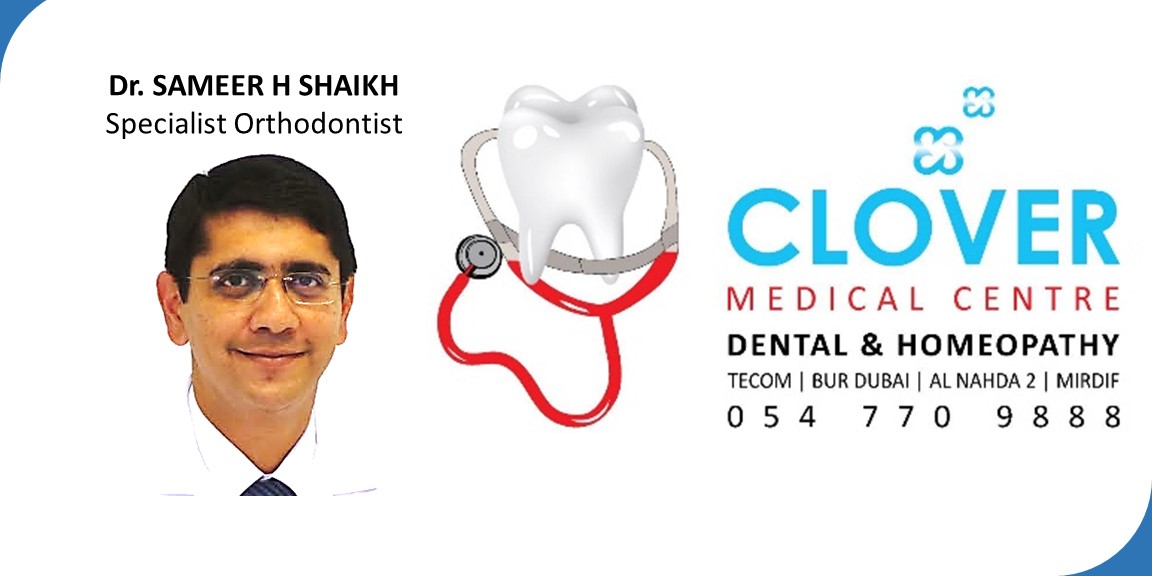Dental Hygiene Tips for Smokers
It is widely known that smoking can have a great number of adverse effects on the health of the smoker. Due to the nature by which the action of smoking is performed, it is only natural that oral health would be one of the areas most negatively affected by the act. It is very important, therefore, that a smoker take extra care of his/her mouth and teeth. There are ways in which a smoker can help to keep the damages of smoking from doing further harm through proper oral care.
Oral Health Problems Caused By Smoking
Smoking can cause many serious problems for teeth and oral structures. The problem can be further exacerbated when proper health care is not followed. Among the most common oral problems, smokers are at an increased risk for gum disease. Smokers are four times more likely of developing this problem than non-smokers. Gum disease, or periodontal disease as it is clinically known, occurs when a build up of plaque targets the tissue that makes up the gums, alveolar bone (where teeth are embedded), periodontal ligament (supporting the root of the tooth), and cementum (surface connecting the tooth to the alveolar bone). When these structures are negatively compromised, tooth loss can occur. Due to the excess of harmful chemicals in cigarette smoke, smokers are twice more likely to suffer tooth loss than non-smokers.
Smokers are at a higher risk for developing leukoplakia, leading to throat, lung, and oral cancers. It can cause the salivary glands to become inflamed and contribute to deterioration of bone structure. Smokers also have a harder time recovering from dental procedures such as periodontal treatments, dental implants, and tooth extraction. Smokers are at a greater risk of developing dry socket from tooth extraction procedures. When dry socket occurs, the patient experiences severe pain in the affected area due to the bone and nerve endings being exposed.
In addition to these medical ailments, smoking can also cause vanity issues impacting the teeth and mouth. Due to an increased and steady buildup of plaque and tarter, the teeth of a smoker are less attractive in appearance. Smoking also stains the teeth and can cause bad breath. In some smokers, the tongue can develop a condition known as black hairy tongue, due to a growth that may grow as a result of tobacco use. The condition causes the tongue to become yellow, green, black, or brown, and give the appearance of being hairy. Smokers may also lose the sensation of taste and smell.
Dental Hygiene Tips to Improve Oral Health
While quitting smoking is the most effective way to ensure better oral health, there are some tips that those who choose to smoke should follow. Given all of the risks and complications of smoking on oral health it is very important that smokers do not skip regular checkups with their dentists. During these visits, dentists can watch for signs of developing gum disease and oral cancers. Everyone should visit their dentist twice a year, but those who smoke should consider more frequent visits.
By staying on top of regular dentist visits, smokers can also benefit from professional cleanings. Having a proper oral hygiene plan is extremely important for smokers. Smokers should be brushing, flossing, and using a tongue cleaner and mouthwash on a regular basis, at least twice daily. Having the right toothbrush can be something that is often overlooked, but it is something that should not be neglected. Smokers should use a toothbrush that is more targeted for the general trouble areas discussed above. Toothbrush bristles should be stiff and strong enough to be able to tackle the hard stains left by tar in the tobacco. The toothbrush should also be able to reach the difficult areas in the back of the gums. Smokers should also buy toothpaste that is made specifically for smokers, as they are chemically stronger and better able to tackle harder to clean bacteria. Mouthwash helps combat the bad breath many smokers experience. There are also mouthwashes that are targeted just for smokers.
Smoking isn’t the only thing that is harmful to teeth. Some foods can also cause staining and erosion. Smokers should try to avoid foods that can cause further staining, compounding on the damages already done by the use of tobacco. Coffee and soda are common drinks that can stain the teeth. Smokers should also avoid eating foods that are highly acidic in composition as they can cause enamel breakdown and cavities.
Smokers should also perform oral health self-checkups on a regular basis. Smokers should check for long lasting sores around the face, mouth, and neck. If the sores persist after two weeks, it is a sign of a more serious problem. People who smoke should also check for recurrent bleeding in the mouth, lesions, swelling, and lumps. White, red, or dark patches on the inside of the mouth, under the tongue, and on the cheeks that last more than two weeks should be brought to the attention of a dentist. Lumps on the lips and gums can also indicate a more serious problem, as should numbness or pain in any part of the mouth.

